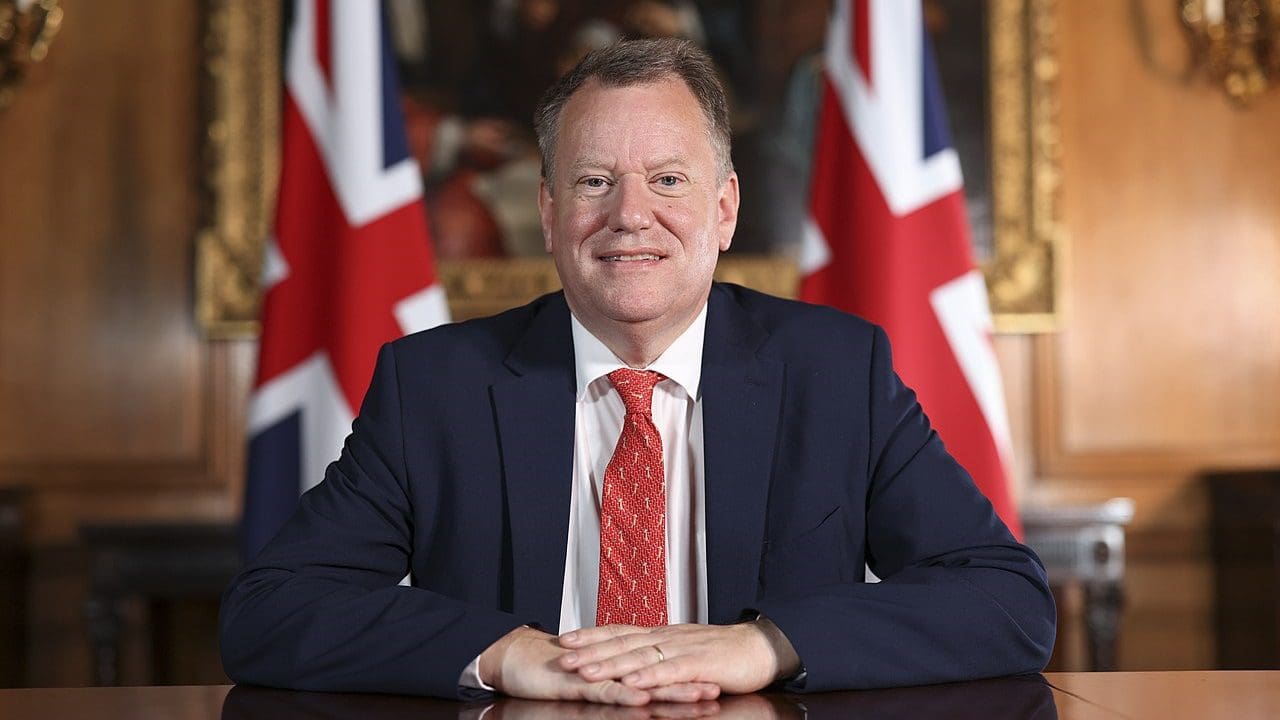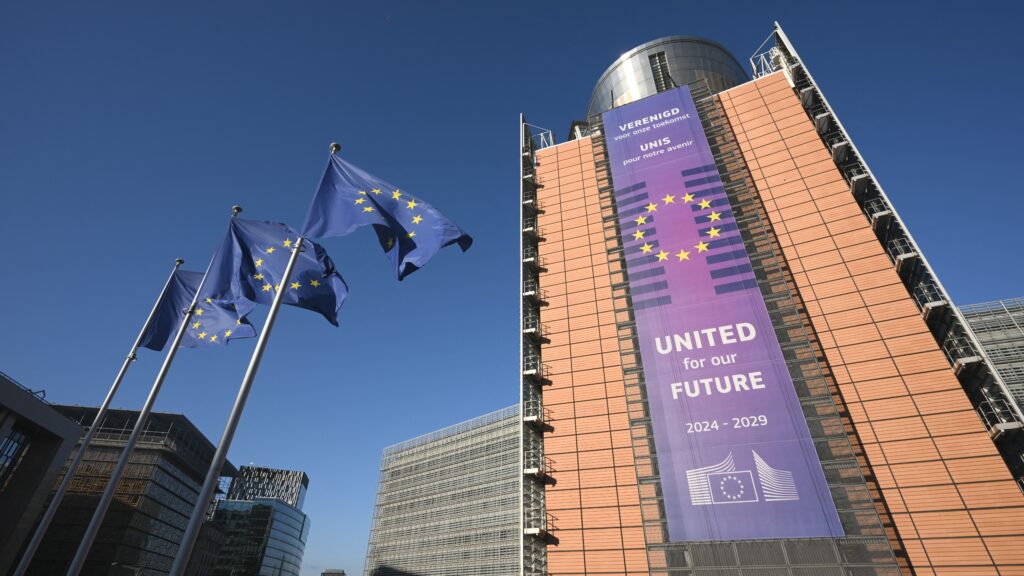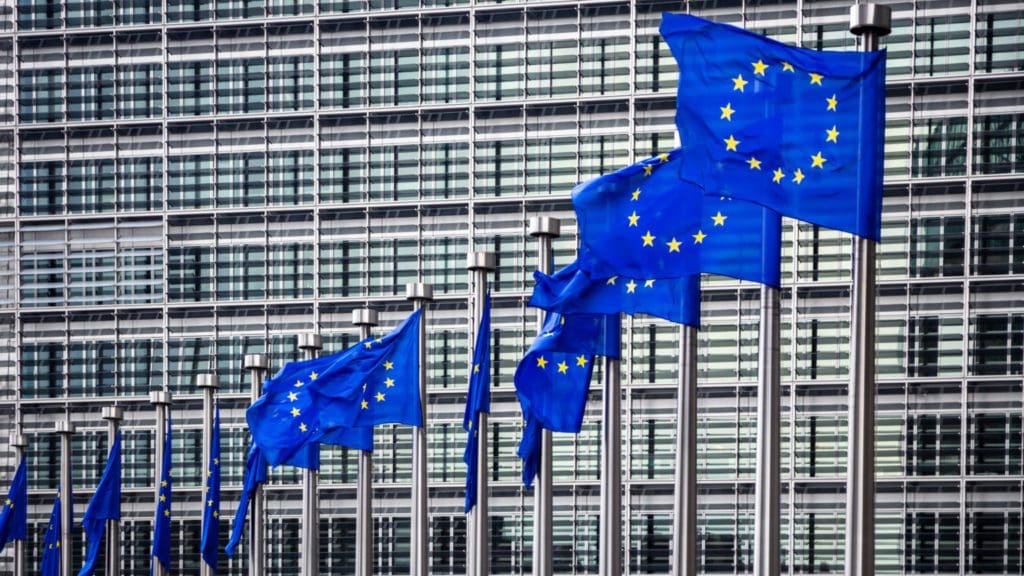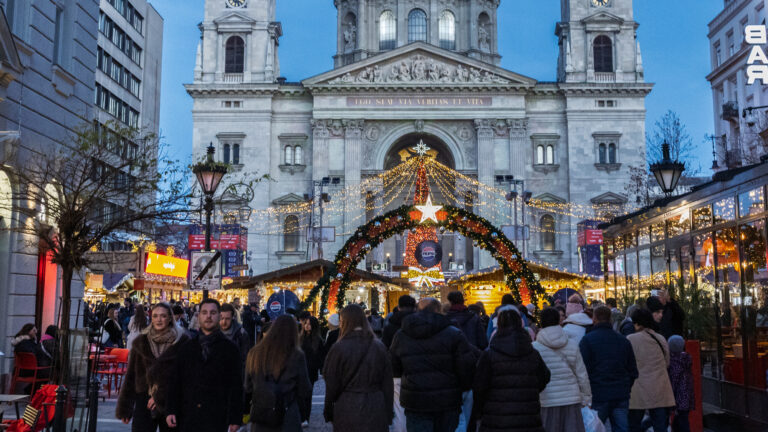Lord David Frost, a Member of the House of Lords, kicked off his speech on the closing day of the National Conservatism Conference by stating what used to be just some good old patriotism, saying his ‘is a great country, and you should not forget it’. However, as he went on to point out, a lot of pearl-clutching leftist media personalities do not like the sound of that anymore, which is why many of them like to refer to the ongoing conference as ‘fascist’. Lord Frost highlighted one remark by a publishing executive which called the event an ‘all dancing, all singing fascist musical extravaganza’.
However, Frost also believes that all these public sentiments are just testaments to the fact that
the ‘humourless’ left is now completely out of touch with ideas with wide support from the British public.
Brexit was a recurring theme in Lord Frost’s speech—understandably so, since he played a key role in the negotiations between the European Union and the British government as the UK was leaving the Union, led by then-Prime Minister Boris Johnson. He lauded the fact that his country ‘won its independence back’, with some regret over the fact that EU Customs Union rules still apply at the border of Northern Ireland, as per the reached agreement.
Frost went on to state that it’s always been his party, the Conservatives, who ‘delivered uncomfortable truths’, and the ones who brought the common sense stances of the British public to the establishment. This was the case with Brexit as well, in his opinion, as the British political establishment never wanted to leave the European Union.
David Frost on Twitter: “The full text of my #NatConUK speech is now available, courtesy of @ConHome.https://t.co/Ke6JBD563g / Twitter”
The full text of my #NatConUK speech is now available, courtesy of @ConHome.https://t.co/Ke6JBD563g
He then reminded his audience of a speech he made in Brussels, Belgium in 2019 he titled ‘Reflections on the Revolutions’ (a reference to a 1790 pamphlet by Edmund Burke), in which he called Brexit a revolt against the political system in Brussels and a celebration of the spirit of nationhood. He also added that ‘post-Brexit conservatism can only be a form of national conservatism’; then took a jab at the neo-Marxist moral grandstanders on the left, declaring that ‘Britain wasn’t born in sin’.
Lord Frost then moved the topic of his speech to the COVID lockdowns, which made him resign from his position in the executive branch in December 2021. He expressed regret over the pandemic restrictions his government had implemented, even calling them ‘inhumane’. However, he was also proud of the fact it was the United Kingdom that first lifted those restrictions in the West.
This was the segue into another, broader topic, the role of government in people’s lives. There, he took the classic conservative view à la Margaret Thatcher and Ronald Reagan: that a smaller government is a better government. Lord Frost said:
‘Let us confine government to its proper role, and it’s a big role, but it’s a proper role, in building, administrating, and protecting a free country.’
Moving on to nationalism, he went on to state:
‘[The task is] to rebuild this nation, to re-establish this country as a cohesive national democracy, and to recreate a proper sense of nationhood. We don’t live in a market, we live in a country. And the nation state is the best way we have found for a free people to run its own affairs.’
When Frost brought up Hungary, he drew quite a bit of cheers and applause from the audience. He said ‘we also have something to learn from our European friends, from countries like Germany and Hungary, in demolishing some of the monstrous buildings we built in the last 50 years, and rebuilding what we have lost.’
He ended his speech by saying the ‘Tories’ should make themselves the party of ‘opportunity and future’ if they want to succeed in future elections; and to not just care about the wealthy who have already made it, but also those who might be struggling with student loans, high energy costs (partly brought on by green policies, as he pointed out), and problems caused by the housing shortage. He then proclaimed: ‘Nationhood, aspiration, freedom, prosperity—that’s post-Brexit conservatism!’.







